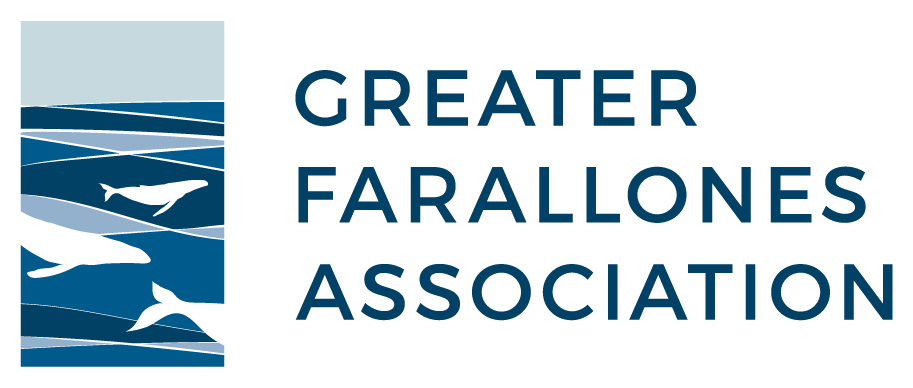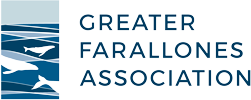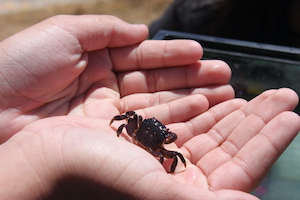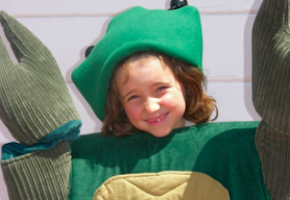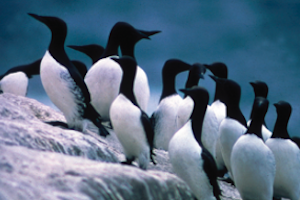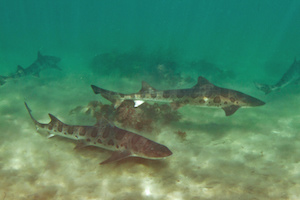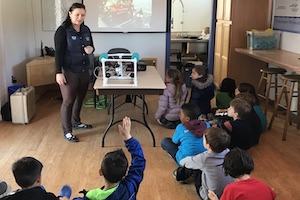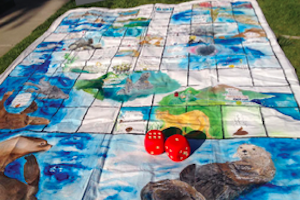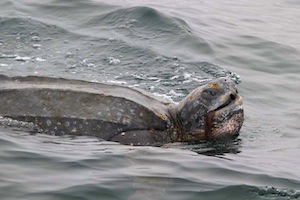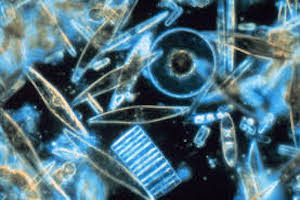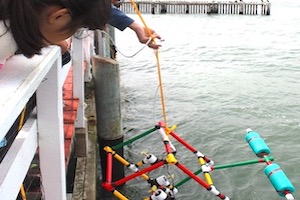Please select from the following program dates. Our time slots are flexible and can be adapted to fit the schedule of your school. We are able to teach up to four programs on a given day, but they MUST be the same program subject (i.e. four Seabird shuttles, NOT 2 Seabird Shuttles and 2 Sharkmobiles on the same day). Different programs may be scheduled on different days. The first class program is $130 and additional classes are $90.
Instructors must be able to have access to an indoor classroom/multipurpose room at least 30-45 minutes in advance of the first program to set up, then the same amount of time to break down. The programs are not mobile and cannot switch locations in between each program. Each class must come to the instructor at their designated time slot. Please allot for 10-15 minutes in between each program to reset the materials.
